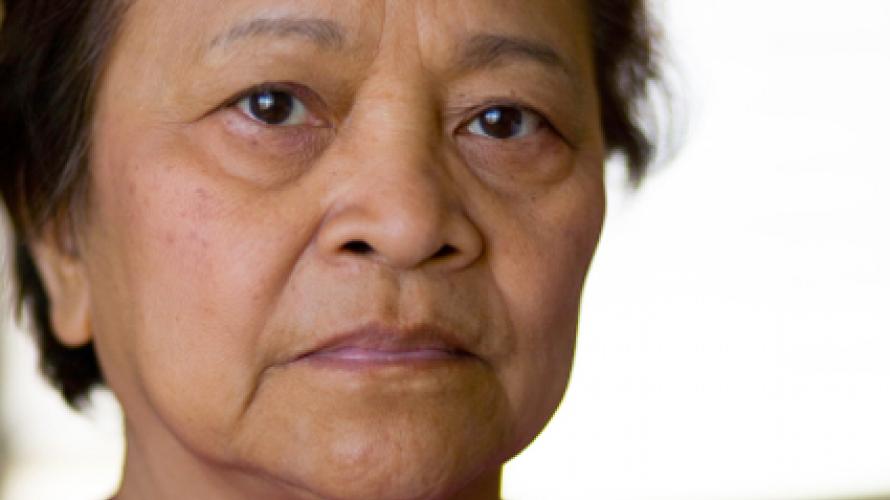
What is the study about?
The goal of this study was to evaluate the type of treatment for depression preferred by individuals with Spinal Cord Injury (SCI). Research has shown that people with SCI who have depression are likely to have long-term depression and often do not receive sufficient treatment for their depression.
What did the study find?
The study found that 96% of those with depressive symptoms and 92% of those without depressive symptoms would be willing to receive treatment for depression. Depressed participants were found most likely to prefer an exercise program, medications prescribed by a primary care provider, and individual counseling in a medical or rehabilitation clinic to treat depression, and least likely to prefer group counseling. More individuals preferred treatment in medical or rehabilitation settings than mental health settings. Those with a history of depression or antidepressant use were more willing to take an antidepressant, and those 40 years or older were more willing to receive individual counseling for depression. The researchers believe that future studies should assess the effect of matching treatment preferences to actual treatment received on treatment adherence and efficacy. Further examination of the efficacy and feasibility of integrating physical exercise into a person’s rehabilitation care as part of depression treatment is warranted.
Who participated in the study?
183 individuals with SCI participated in the study. They were recruited from inpatient rehabilitation at the University of Washington, University of Michigan, and the Institute for Rehabilitation Research. All inpatient rehabilitation sites were NIDRR-funded SCI Model System sites. Participants were over 18 years old and hospitalized for recent SCI. People were not included in the study if they did not speak English, were unable to comprehend the study, did not have a phone, or had severe psychiatric conditions.
How was the study conducted?
The study used the Patient Health Questionnaire-9 to identify patients with probable major depression. The instrument measured the severity of depression the participants experienced over the two weeks prior to completing the questionnaire. Researchers interviewed participants to learn about their mental health history and investigated their preference for depression treatment. They compared those with and without depressive symptoms. Options included antidepressant medication, individual counseling in a clinic, counseling over the telephone, group counseling in a rehabilitation clinic, a physical exercise program, and combined medication and individual counseling.
Reference
Fann, J.R., Crane, D.A., Graves, D.E., Kalpakjian, C.Z., Tate, D, G., Bombardier, C. H. (2014). Depression of Treatment Preference after Acute Traumatic Spinal Cord Injury. Archives of Physical Medicine and Rehabilitation. 94(12):2389-95.